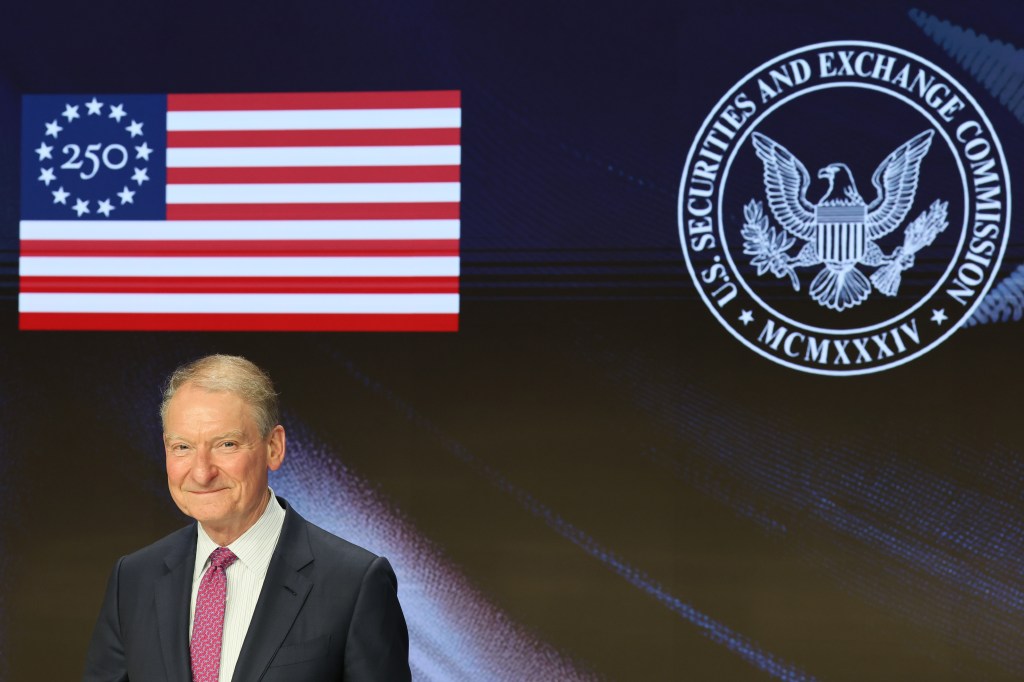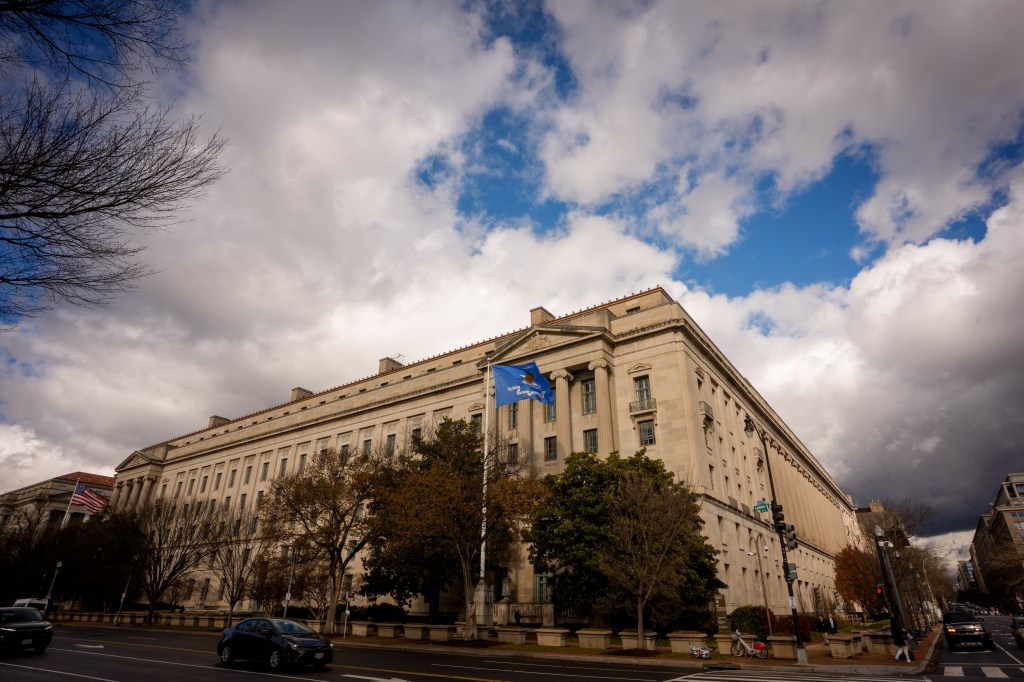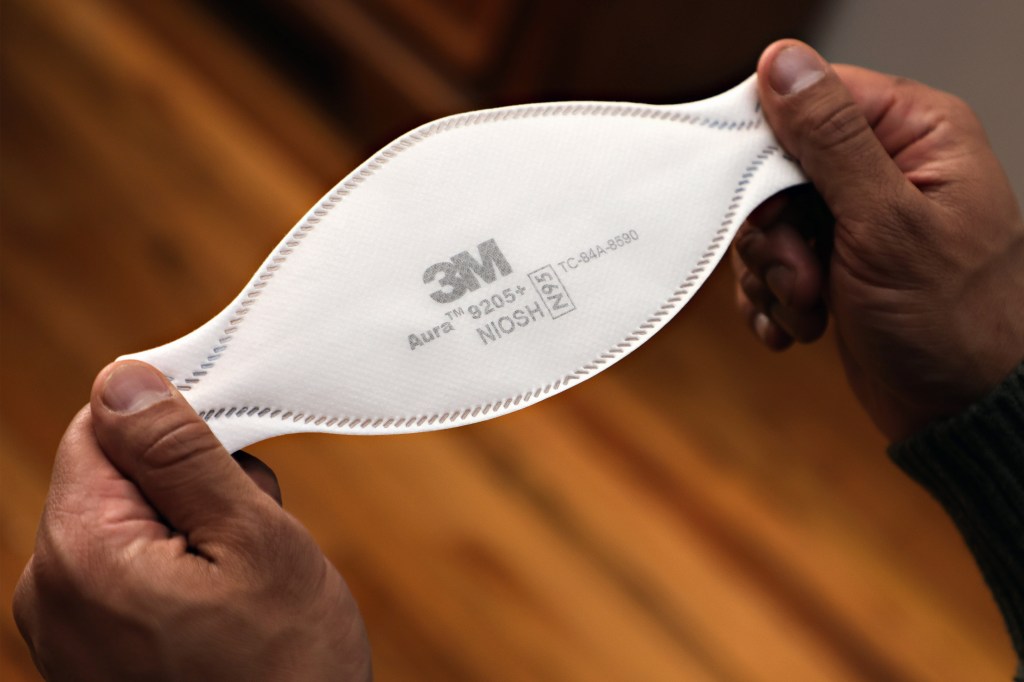- Compliance
- Regulation
- Technology
Latest News
- Resources
- All Resources
- Announcements
- Book Reviews
- Conferences and Events
- Country Guides
- GRIP Extra
- Podcasts
Topics
Latest News
- Industry
Latest News
- US Content
A whistleblower is defined as someon who provides the SEC with information in writing that relates to a possible violation of the federal securities laws in the past, present or future.
To qualify for the whistleblower protections a whistleblower must follow the procedures for the submitting of original information to the SEC outlined in Section 240.21F-9. These include:
- formal submission of the complaint by way of the mechanisms available
- a declaration under penalty of perjury that the information submitted is true and correct to the best of one’s knowledge and belief
- if providing the information anonymously ensuring that an attorney verifies the whistleblowers identity
To qualify for retaliation protections a whistleblower must:
- qualify as a whistleblower
- reasonably believe that the information relates to a possible violation of federal securities laws
- perform a lawful act that is connected with:
- providing information to the SEC
- testifying or assisting an SEC investigation
- making protected disclosures
- ensure that the lawful act is related to the subject matter of the whistleblowing
Retaliations protections are available to those not yet qualified as a whistleblower before they perform a lawful act as described above.
But qualification as a whistleblower is needed before retaliation is experienced in order to attract these protections.
-

DOJ closes probe into Swedbank with no enforcement action taken
The investigation, initiated in 2019, focused on Swedbank´s historical anti-money-laundering practices.
Vasilka Lalevska<1 min read
-

SEC proposes amendments to small entity definitions
The SEC said it has "a longstanding commitment to understanding and addressing the concerns of small entities," and that this animated the proposal here.
Julie DiMauro1 min read
-

OPINION: SEC3 year-end takeaways
Janaya Moscony, president of SEC3 and former SEC regulator, offers top tips and best practice learned in 2025 to navigate a frictionless 2026.
Janaya Moscony | SEC32 min read
-

Crypto wrap: PwC leans in, tax evasion crackdown, Turkmenistan legalizes mining
Our pick of recent crypto regulation news.
Carmen Cracknell2 min read
-

2025 UK Online Safety Act round-up and what's next in 2026
Principal milestones for the OSA that affect online platforms in the UK, and a look at key developments relating to UK online safety which are on the horizon for 2026.
Anna Soilleux-Mills | CMS, Melissa McClean | CMS9 min read
-

Preparing for changes to the registered fund marketplace
The SEC approved Dimensional Fund Advisors to offer dual-class funds, allowing open-end funds to have both ETF and mutual fund share classes.
-

The most-listened-to GRIP Podcasts of 2025
Compliance and crypto were two hot topics in the most-listened-to episodes of the year.
GRIP2 min read
-

Speeches in 2025 express exuberance for change and concern over same
Speakers emphasized technology‑neutral and principles‑based regulation, teased on new policies to come, or raised red flags.
Julie DiMauro5 min read











